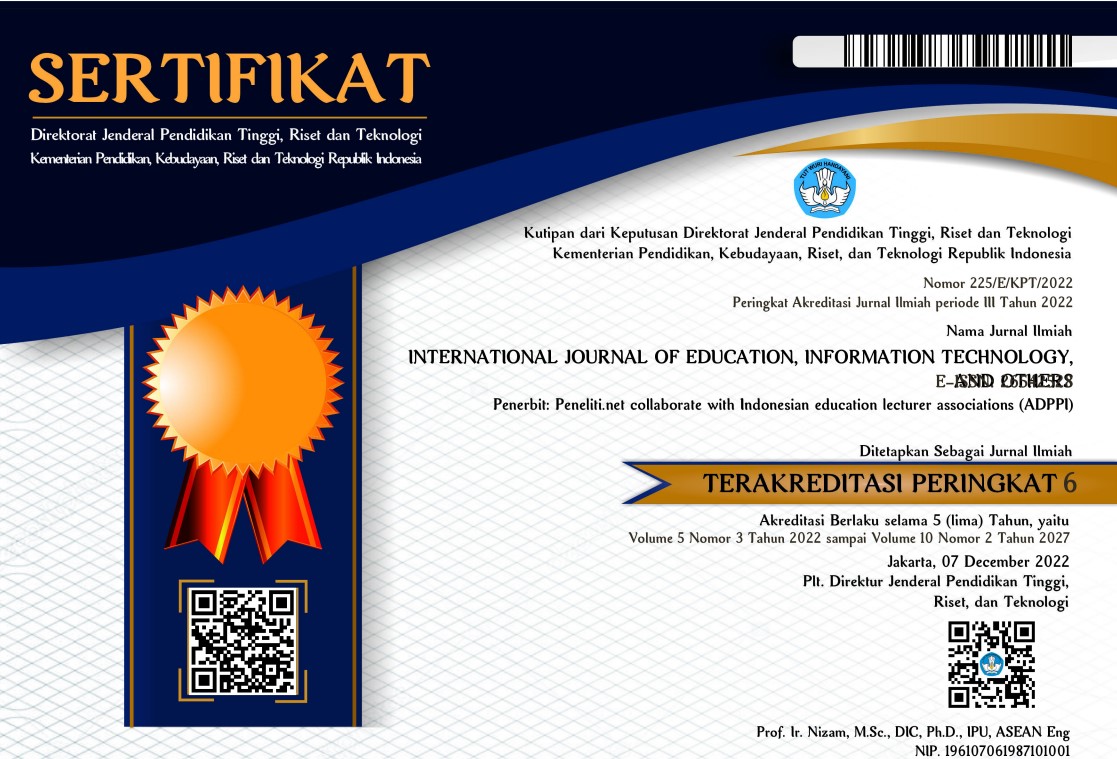Development Of Guided Inquiry-Based Ethnoscience Textbook To Improve Critical Thinking Skills Of Junior High School Students
Abstrak
Critical thinking is a vital skill in science education; however, it remains a significant challenge for junior high school students, particularly in learning about elements, compounds, and mixtures. This research aims to design and evaluate a guided inquiry-based ethnoscience textbook intended to enhance students' critical thinking abilities. The textbook incorporates elements of local culture by connecting traditional food from Jember, suwar suwir, with contemporary scientific concepts. The study utilizes a Research and Development (R&D) approach following the ADDIE model, which includes the phases of analysis, design, development, implementation, and evaluation. Data collection involved expert validation sheets, classroom observation during implementation, pre-tests and post-tests, as well as student response questionnaires. The findings reveal that the textbook reached a validity score of 95% (categorized as very valid), a practicality score of 91.71% (very practical), and an effectiveness level demonstrated by an average N-gain of 0.70 (high category). Additionally, student responses scored 93.61%, indicating very positive feedback. Therefore, the guided inquiry-based ethnoscience textbook is considered valid, practical, and effective, and it is suitable for use in science education to support the development of critical thinking skills among junior high school students..
##submission.copyrightStatement##
##submission.license.cc.by-sa4.footer##



